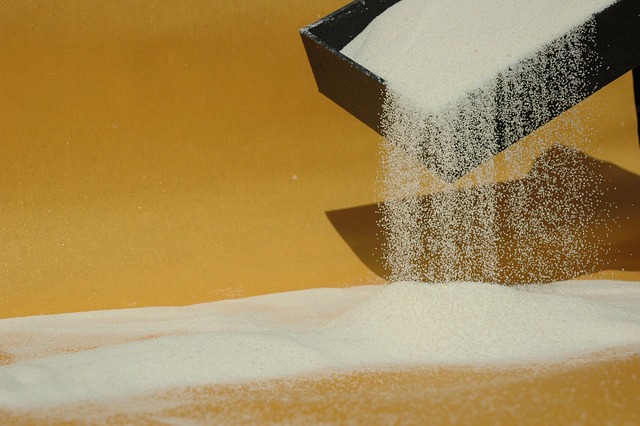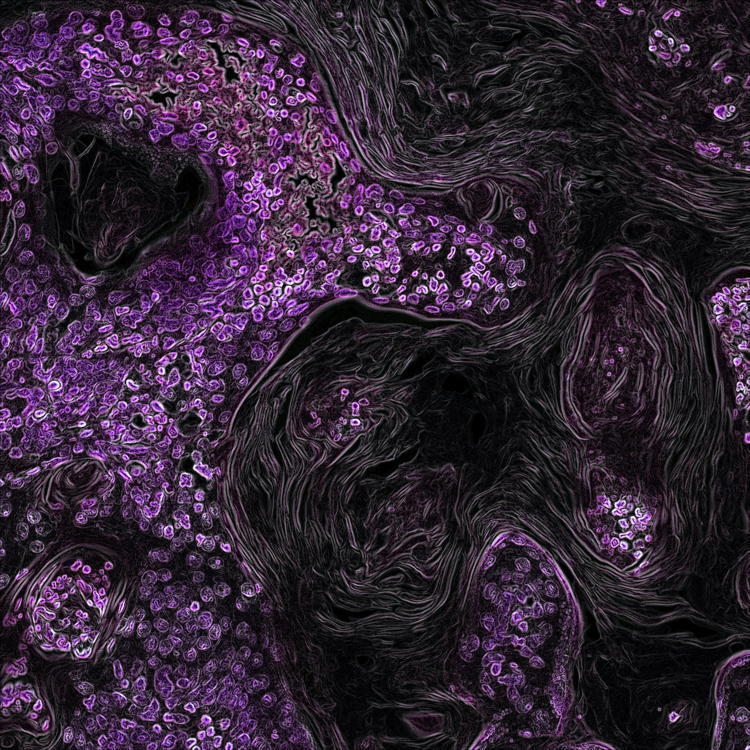Autofluorescence spectroscopy and imaging: a tool for biomedical research and diagnosis

Submitted: 21 November 2014
Accepted: 4 December 2014
Published: 12 December 2014
Accepted: 4 December 2014
Abstract Views: 9778
PDF: 4269
HTML: 7902
HTML: 7902
Publisher's note
All claims expressed in this article are solely those of the authors and do not necessarily represent those of their affiliated organizations, or those of the publisher, the editors and the reviewers. Any product that may be evaluated in this article or claim that may be made by its manufacturer is not guaranteed or endorsed by the publisher.
All claims expressed in this article are solely those of the authors and do not necessarily represent those of their affiliated organizations, or those of the publisher, the editors and the reviewers. Any product that may be evaluated in this article or claim that may be made by its manufacturer is not guaranteed or endorsed by the publisher.
Similar Articles
- Jun Liu, Linbin Cai, Yuanyuan He, Jun Yang, Apoptosis pattern and alterations of expression of apoptosis-related factors of supporting cells in Kölliker’s organ in vivo in early stage after birth in rats , European Journal of Histochemistry: Vol. 61 No. 3 (2017)
- Enrica Cappellozza, Federico Boschi, Maddalena Sguizzato, Elisabetta Esposito, Rita Cortesi, Manuela Malatesta, Laura Calderan, A spectrofluorometric analysis to evaluate transcutaneous biodistribution of fluorescent nanoparticulate gel formulations , European Journal of Histochemistry: Vol. 66 No. 1 (2022)
- Y. Zhang, W.Y. Ye, J.Q. Wang, S.J. Wang, P. Ji, G.Y. Zhou, G.P. Zhao, H.L. Ge, Y. Wang, dCTP pyrophosphohydrase exhibits nucleic accumulation in multiple carcinomas , European Journal of Histochemistry: Vol. 57 No. 3 (2013)
- F. Merigo, F. Boschi, C. Lasconi, D. Benati, A. Sbarbati, Molecules implicated in glucose homeostasis are differentially expressed in the trachea of lean and obese Zucker rats , European Journal of Histochemistry: Vol. 60 No. 1 (2016)
- Francesca Scolari, Alessandro Girella, Anna Cleta Croce, Imaging and spectral analysis of autofluorescence patterns in larval head structures of mosquito vectors , European Journal of Histochemistry: Vol. 66 No. 4 (2022)
- V. Bertone, E. Tarantola, A. Ferrigno, E. Gringeri, S. Barni, M. Vairetti, I. Freitas, Altered alkaline phosphatase activity in obese Zucker rats liver respect to lean Zucker and Wistar rats discussed in terms of all putative roles ascribed to the enzyme , European Journal of Histochemistry: Vol. 55 No. 1 (2011)
- Manuel Scimeca, Simone Bischetti, Harpreet Kaur Lamsira, Rita Bonfiglio, Elena Bonanno, Energy Dispersive X-ray (EDX) microanalysis: A powerful tool in biomedical research and diagnosis , European Journal of Histochemistry: Vol. 62 No. 1 (2018)
- Zhao Zhang, Hongming Fan, William Richardson, Bruce Z. Gao, Tong Ye, Management of autofluorescence in formaldehyde-fixed myocardium: choosing the right treatment , European Journal of Histochemistry: Vol. 67 No. 4 (2023)
- Yao Le, Zhijun Wang, Qian Zhang, Ling Miao, Xiaohong Wang, Guorong Han, Study on the mechanism of Shenling Baizhu powder on the pathogenesis of pregnancy complicated with non-alcoholic fatty liver, based on PI3K/AKT/mTOR signal pathway , European Journal of Histochemistry: Vol. 68 No. 3 (2024)
- G. Tomasello, C. Sciumé, F. Rappa, V. Rodolico, M. Zerilli, A. Martorana, G. Cicero, R. De Luca, P. Damiani, F.M. Accardo, M. Romeo, F. Farina, G. Bonaventura, G. Modica, G. Zummo, E. Conway de Macario, A.J.L. Macario, F. Cappello, Hsp10, Hsp70, and Hsp90 immunohistochemical levels change in ulcerative colitis after therapy , European Journal of Histochemistry: Vol. 55 No. 4 (2011)
<< < 1 2 3 4 5 6 7 8 9 10 > >>
You may also start an advanced similarity search for this article.

 https://doi.org/10.4081/ejh.2014.2461
https://doi.org/10.4081/ejh.2014.2461










